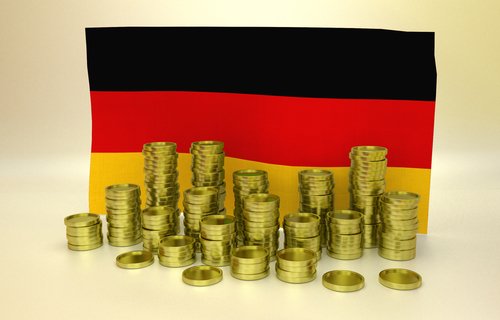Belgium, (Brussels Morning Newspaper) German annual GDP growth stood at 1.3% in Q3, Federal Statistical Office (Destatis) data released on Friday shows.
Growth was largely driven by consumer spending and suggests that the looming recession will not be as severe as initially expected, according to Reuters reporting on Friday.
Germany’s annual GDP growth in Q3 was 0.1 percentage point higher than analysts who took part in a Reuters poll predicted.
Thomas Gitzel, chief economist at VP Bank, predicted that the final quarter this year will also be positive, stressing “it’s by no means a foregone conclusion that the third quarter’s GDP growth marks the end of positive growth rates for the time being.”
The Ifo Institute for Economic Research pointed out that pessimism about the coming period is in decline among German retailers, who reported that supply problems in November eased compared to previous months.
According to a GfK survey, consumer sentiment stabilised in November thanks to state aid measures, while fears of steep energy price rises were slightly lower compared to previous months.
Sentiment still very low
Jörg Zeuner, Union Investment chief economist, warned that the sentiment index is still close to historic lows and added that consumers will face the effects of rising energy prices next year.
The German government expects GDP to grow 1.4% this year, followed by decline of 0.4% in 2023, with the Ministry for Economic Affairs and Climate Action expecting recession in the final quarter of this year and the first quarter of 2023.
“The preconditions for a mild course of the recession are that no acute gas shortage situation arises, that no difficult COVID-19 developments occur, and that the supply chains continue to stabilise gradually,” a ministry spokesperson noted.
GfK pointed out that the consumer sentiment index recovered to negative 40.2 points from the previous negative 41.9 points. The index stood at negative 42.8 points heading into October, the lowest level in more than a decade.
Rolf Bürkl, GfK consumer expert, noted that government aid measures eased fears of energy price spikes, but stressed that the situation is still tense.
He predicted that consumer sentiment will not improve significantly until fears about energy supply abate.




